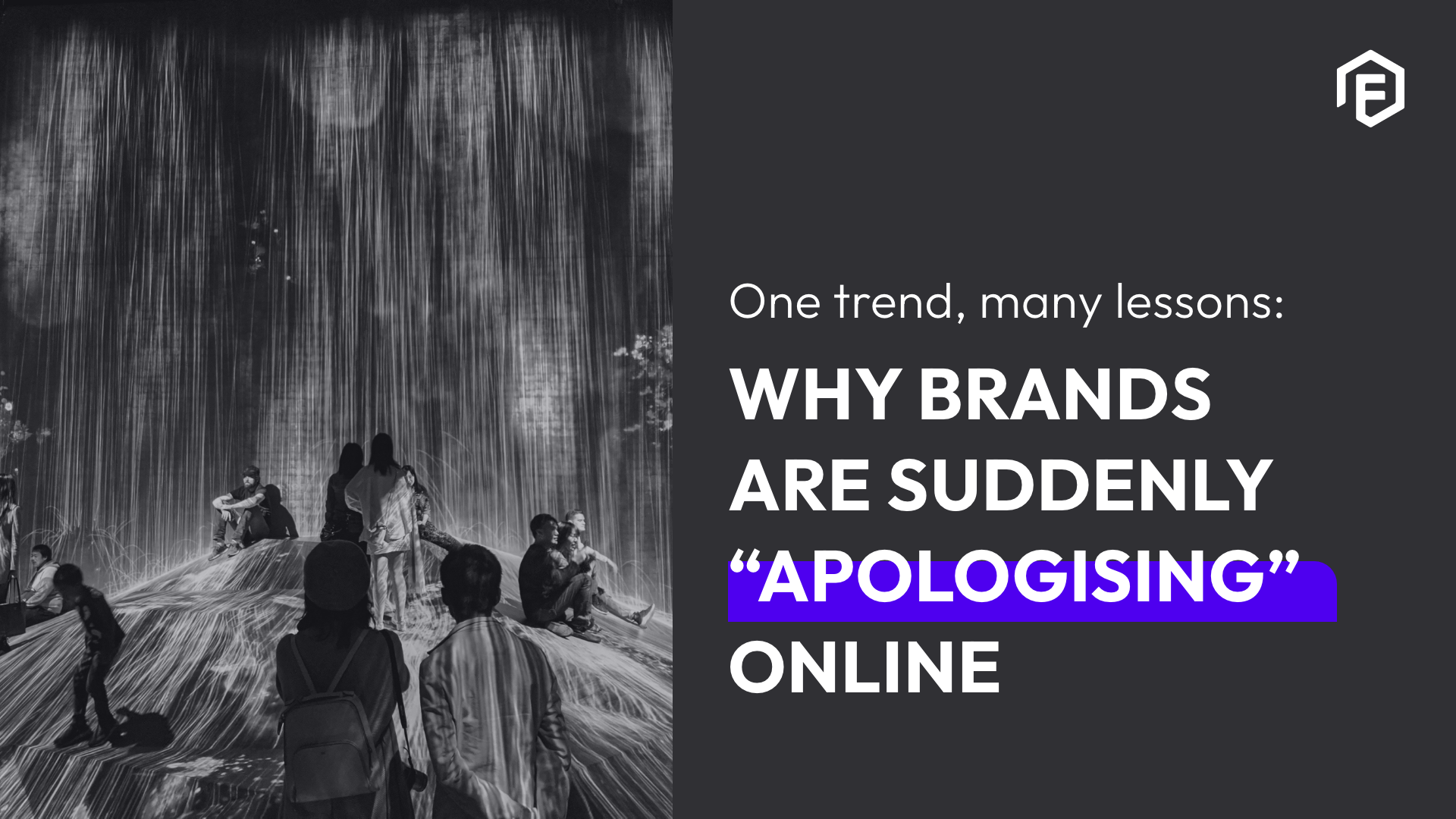I consider myself to be fairly competent when it comes to brands and branding. When I say that, I mean that I have a post graduate qualification in Brand Management (not that a degree really matters) and have worked in the industry on agency side for a number of years, with a few different brands, ranging different industries. I’m not trumpet blowing here, just nipping the ‘What-authority-do-you-have-to-talk-about-this?’ question in the bud.
Having said that, I’m horribly confused by what a lot of brands call a ‘CVP’. A CVP is simply a Client Value Proposition. Theoretically, this is what should inform your product positioning, your communication positioning and, ultimately, how your brand perception is created. As I understand it, there are three different types of CVP. Firstly, there’s the emotional CVP. This is where a client is offered the value of feeling something. Secondly, the functional CVP is where they receive a tangible benefit or useful function. Lastly, the self-expressive CVP enables the end-user to express him or herself through your brand and is thus part of their self-actualisation. The value in its simplest form means usefulness or importance. Ask yourself this question; how useful or important is what I’m proposing?
I find that, far too often, clients tinker around on the pink and fluffy duvet of the emotional CVP, but never create any substance. Here’s an example: Integral Relationships. I understand that it’s emotional but it’s hardly anything that anyone can measure. It’s hardly anything that a client is going to buy into and thank you for; it’s definitely not useful. An integral relationship should come standard?
Let’s take Coke as an emotional CVP; they sell happiness. Is that something we can feel? Well, most often, drinking Coke does breed some sort of happiness because we’re enjoying the flavour, the sugar in the drink is releasing all kinds of ambitious euphoria and we’re possibly even experiencing this with a friend. Who drinks Coke and says, ‘Wow, that Coke was crap’? No one! Let’s look at a self-expressive CVP – a fashion label: I wear label X to define myself; it’s important to me to be able to express myself to others. Apple did this in the 1980s as well: Think Differently; it’s self-expressive. In South Africa, I believe King Price has done well with the functional CVP: a decreasing insurance premium is definitely something tangible. It’s most certainly measurable. The difficulty comes in when we try to persuade people to believe our CVP, but that’s a story for another day.
So here’s the deal, let’s cut the fluffy rubbish. Your CVP should be useful or important or both. Remember, it’s supposed to be valuable, not a mantra or an ideal. The more specific and measurable your CVP is, the easier it is to create amazing communication.



